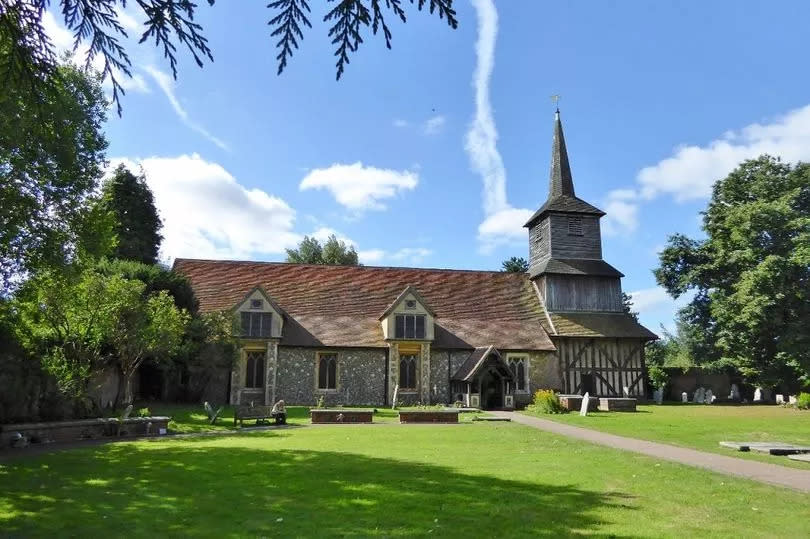Henry VIII's 'secret' son was sent away to be born in quiet Essex village

Henry VIII's 'secret' son was sent to be born in the quaint Essex village of Blackmore. The notorious king is well-known for his six wives, categorised by their fates - divorced, beheaded, died and survived.
However, while we're familiar with his multiple marriages and split from the Catholic Church, his offspring remain a bit more of a mystery. King Henry VIII fathered three heirs - Edward VI, his only legitimate son, Mary I and Elizabeth I.
But in addition to his legitimate children, the infamous monarch also had several illegitimate children. Only one of these children was ever recognised - his secret son, Henry Fitzroy, who was born on June 15, 1519.
READ MORE: Baby dies as man and woman arrested on suspicion of murder in Colchester
ALSO READ: The Essex city whose residents are among the smartest in the UK
Henry Fitzroy was the illegitimate child of Henry VIII and his mistress, Elizabeth Blount, who served as the lady-in-waiting to his first wife Catherine of Aragon. When Elizabeth's pregnancy became too obvious to conceal, she was whisked away to Blackmore, a peaceful village in Essex, located just four miles north of Brentwood.
Local legend suggests that the child was conceived in the house next to St Laurence's church in Blackmore, known as Jericho Priory. The baby was born in secrecy, with his birth going unannounced to the nation, as per Royal Museums Greenwich. However, Henry VIII chose to cast discretion aside, acknowledging his son and granting him his surname.
It's believed that King Henry held great affection for his son, whom he referred to as his "worldly jewel". Despite his illegitimate status, the young Henry was considered for the English throne, ahead of his half-sisters Mary and Elizabeth.
Later, Henry Fitzroy was given the titles of Lord High Admiral of England and Lord President of the Council of the North, effectively granting him control over the North. Although he was never officially named as successor to the throne, he came close when Elizabeth I was declared illegitimate in June 1536.
Tragically, he passed away on July 23, 1536, at the tender age of 17, from what is believed to have been tuberculosis.
Get more What's On news from EssexLive straight to your inbox for FREE

 Yahoo News
Yahoo News 
